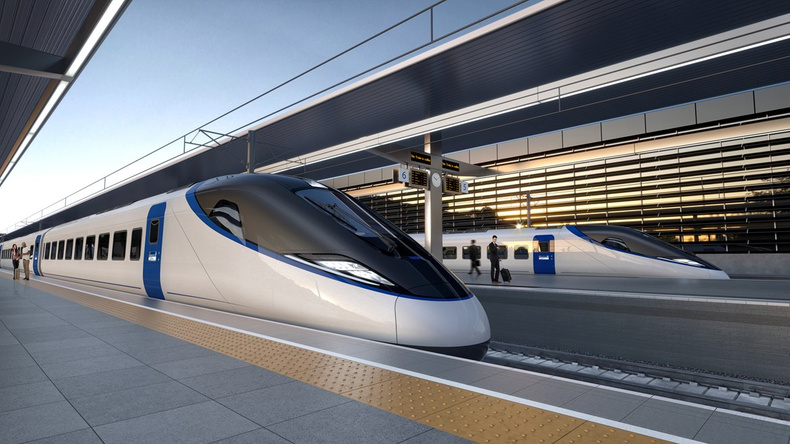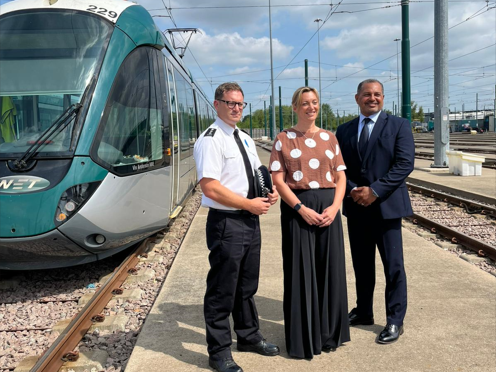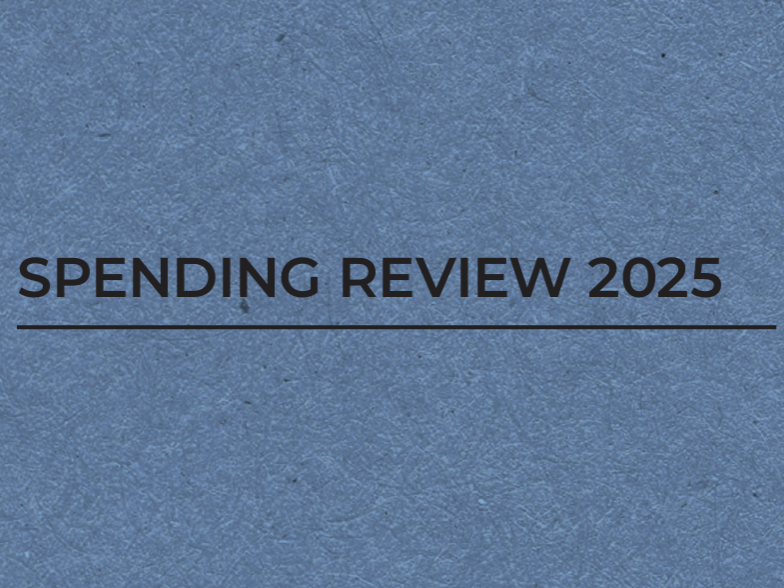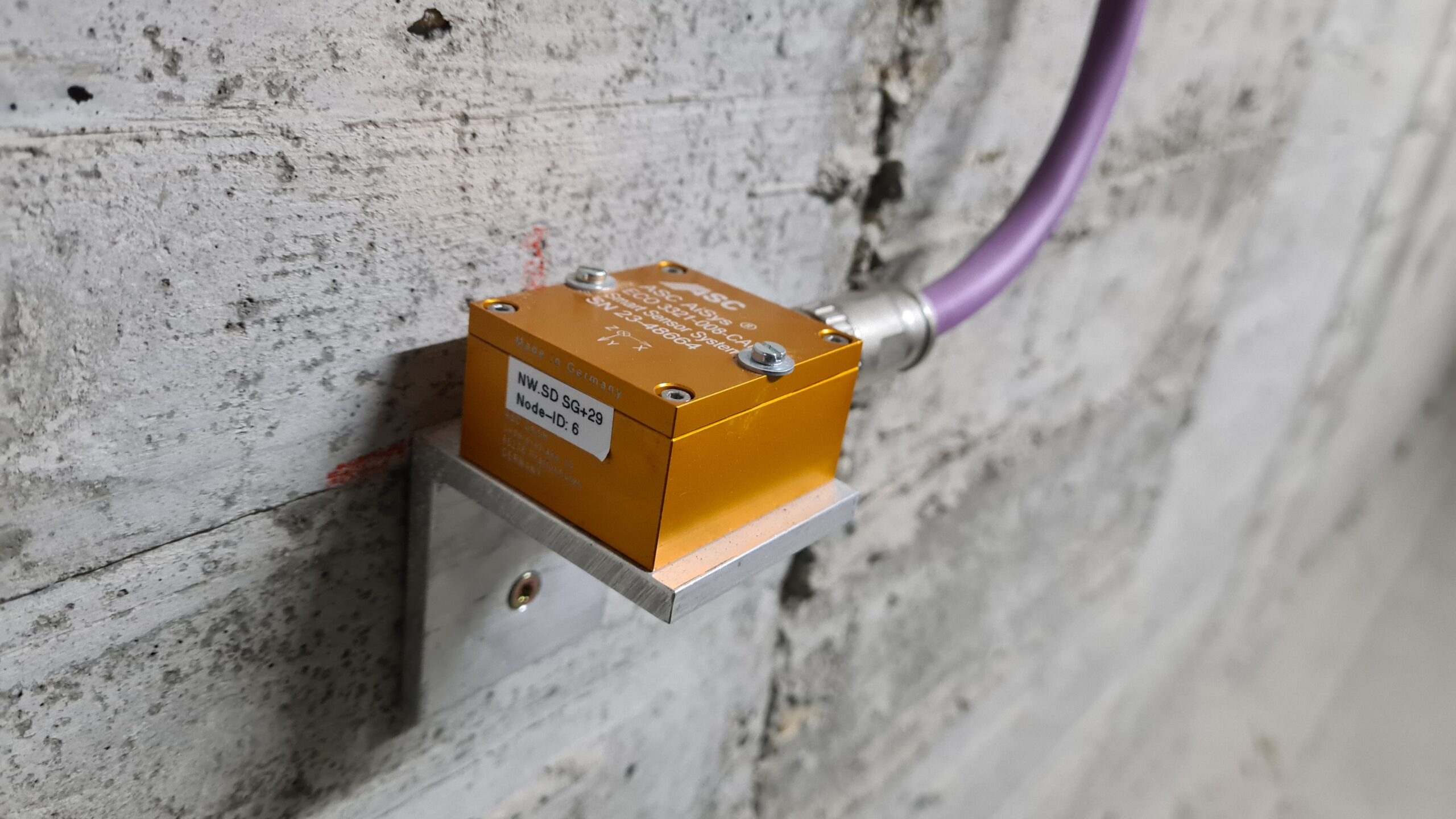The UK government announced on Sunday, 20 October 2024, that it was “taking urgent action” to address the cost of HS2.
Having faced much opposition over the years, the cost of HS2 has increased significantly over the years, including for example, by putting large sections of the high-speed railway line that run across flat land into tunnels.

Transport Minister Louise Haigh also blamed “poor project management, inflation and poor performance from the supply chain” for the rise in Phase One of the infrastructure project’s price tag.
Now, with inflation and the cost of borrowing up, the government will fund another review into the project, this one an “independent review into the oversight of HS2”. The stated goal of the review is to “ensure lessons are learned to support action and to ensure that the costs for HS2 are brought under control”.
One of the government’s cost-saving measures is to continue with the Conservative’s axing of Phase 2 of HS2, the phase of the infrastructure project that would have freed up the existing northern rail network from high-speed trains to enable a much higher frequency of local and regional trains.
One of the criticisms of HS2 has been that “it is an expensive way of getting between London and Birmingham 20 minutes faster”. These measures confirm this outcome.
In their announcement, the government said:The government has been clear it is not resurrecting Phase 2 of HS2, which was cancelled under the previous administration. The government recognises concerns about connectivity between Birmingham and Manchester, but its primary focus now is the safe delivery of HS2 between Birmingham and London at the lowest reasonable cost, and the Secretary of State has made this objective clear to HS2 Ltd.
The government said it was reinstating ministerial oversight of the project, which will involve regular meetings starting immediately in which the Transport Secretary and Rail Minister Lord Hendy, along with the Chief Secretary to the Treasury will “challenge delivery and remove obstacles to securing the full benefits of the railway more cost effectively”.
Transport Minister Louise Haigh said:It has long been clear that the costs of HS2 have been allowed to spiral out of control, but since becoming Transport Secretary I have seen up close the scale of failure in project delivery – and it’s dire.
Taxpayers have a right to expect HS2 is delivered efficiently and I won’t stand for anything less.
I have promised to work fast and fix things and that’s exactly why I have announced urgent measures to get a grip on HS2’s costs and ensure taxpayers’ money is put to good use. It’s high time we make sure lessons are learnt and the mistakes of HS2 are never repeated again.
However – arguably – not delivering something is not the same as delivering it efficiently.
The government’s review, entitled the Major Transport Projects Governance and Assurance Review, will be led by James Stewart, a senior infrastructure delivery adviser, who will give his recommendations to the government this winter.
It is to investigate the “oversight of major transport infrastructure projects, including the effectiveness of forecasting and reporting cost, schedule and benefits, as well as actions to deliver cost efficiencies”. In its announcement, the government did not say what other major transport infrastructure projects it would look at as part of this review. It went on to say that the review “will primarily draw on experiences of HS2 to date to ensure recommendations and learnings are applied to its delivery as well as to future projects”.
The major contractors working on Phase One of HS2 also face uncertainty as a result of this announcement: the government plans to review their incentives and might renegotiate or amend existing contracts. This uncertainty at the top level will certainly also trickle down through the entire rail supply chain in the UK.
The management of HS2 Ltd is soon to be taken over by a new chief executive, Mark Wild. Once in his new role, Louise Haigh will task him with “assessing the current position on cost, schedule and culture, and providing an action plan to deliver the remaining work as cost effectively as possible, including at a realistic budget and schedule.”
Earlier this year, the National Audit Office (NAO) published a report estimating that the cancellation of Phase 2 of HS2 would itself cost up to 100 million GBP.
DfT will not be able to address capacity issues on the West Coast Main Line north of Birmingham through its revised programme scope. The HS2 programme was originally intended to improve capacity on the West Coast Main Line. However, the HS2 services that will run north of Birmingham will not resolve capacity issues on that section, and DfT estimates that the line could reach capacity by the mid-2030s. DfT plans for HS2 trains to run from the Phase 1 track onto the West Coast Main Line in place of conventional trains, but the trains will have fewer seats than existing services unless changes are made to existing infrastructure and stations to accommodate longer trains. Options for addressing capacity issues involve, at a high level, managing demand for rail services or investing in infrastructure such as additional tracks and longer platforms.
“Managing demand” means making tickets expensive enough to reduce the overall passenger numbers.
It seems the UK is getting a very expensive railway line, but now without the benefits it was meant to bring.


























